As I’ve mentioned before, I’m incredibly proud of the rapid transformation of the Seventy Ninth Group in the few years I have been here. At the beginning of 2022, I became CEO, which saw me step away from operations to focus more on core business strategy and helping to drive growth.
Rapid growth within a company, despite being a huge positive on the one hand, comes with its own set of challenges. With many moving parts to contend with, what feels like a continuous round of recruitment taking place, and new projects launching every few months, navigating this high-growth environment has been demanding to say the least. But I must admit that I have enjoyed taking on this challenge as I thrive off the energy and excitement of a fast-moving, always-on environment.
One of our consultants once said to us that young companies have to go through their “teenage” years. This was in reference to the growing pains of rapid transformation, uncertainty and a time where you have to question yourself and are constantly entering new terrains. Companies have to make a choice at this point – either they have to push through to enjoy growth or they stay still and risk stagnation. Growth can be daunting and it’s definitely a learning curve going from a company with just a handful of staff to suddenly managing large groups of employees in several offices around the world. But as long as you are able to put risk management practices in place, it’s worth it.
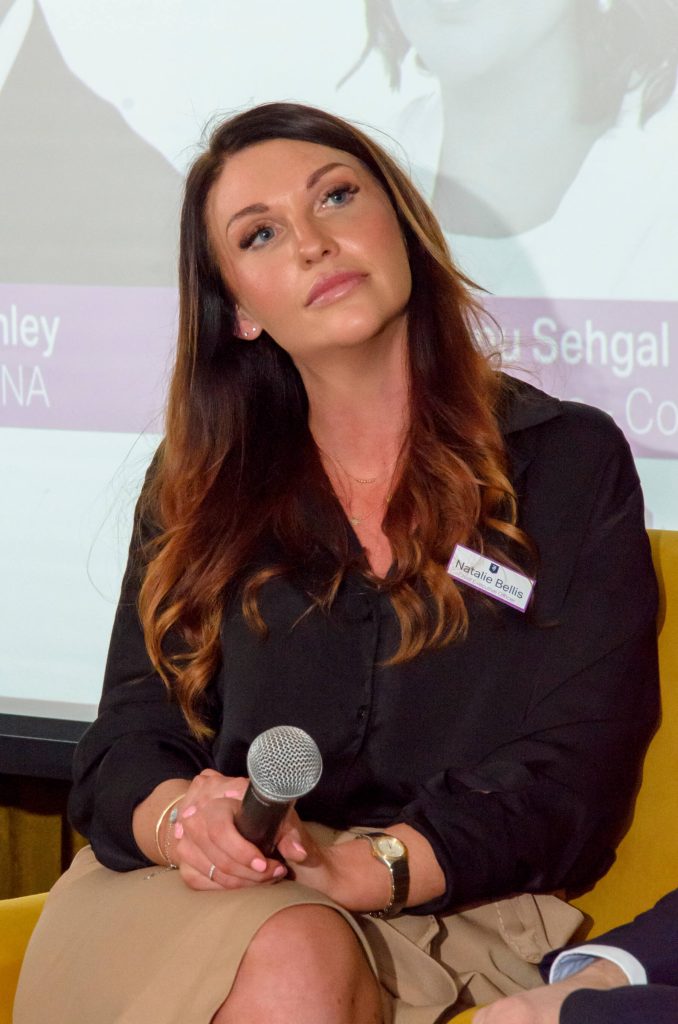
We’re a company that’s used to managing risk. Given the industries in which we work, and the vast variety of projects we have across the world, all happening simultaneously, we know how to build risk management into everything we do. This has helped us throughout, to ensure that measures are in place to help us succeed and minimise any potential issues or threats, to our continuity.
We’ve learnt a lot along the way. We’ve realised the importance of investing in people and taking the time to build relationships and develop partnerships. Having a good team and good people by your side is so important to success, and the team we have here at the Seventy Ninth Group, and across all our offices around the world are incredible and are undoubtedly a huge part of our success. Without them we wouldn’t be where we are today.
Starting from small beginnings has given us the experience to bring small scale business behaviour to large scale projects, an opportunity that larger corporates often ignore. We’ve built things properly from the ground up, and haven’t let our growth affect the way we operate or change our family values.
We stay connected to our teams around the world, and we like to witness the projects, first hand, getting involved in every step of the operation. We don’t operate across layers of third parties, we are hands-on and like to make decisions based on tangible insights in real time, leveraging on the ground knowledge and experience.
After spending the last few years navigating our own high-growth environment, I feel I have learnt a lot along the way and this knowledge could help other business leaders who may be struggling with managing their rapid business expansion.
Invest in your people
One of the key things any business should do to ensure their success is invest in their staff. Happy staff who feel valued are far more productive than those that are overworked and unhappy. Investing in your staff increases productivity, makes it easier to attract new talent, and reduces turnover, all important factors in maintaining a good team.
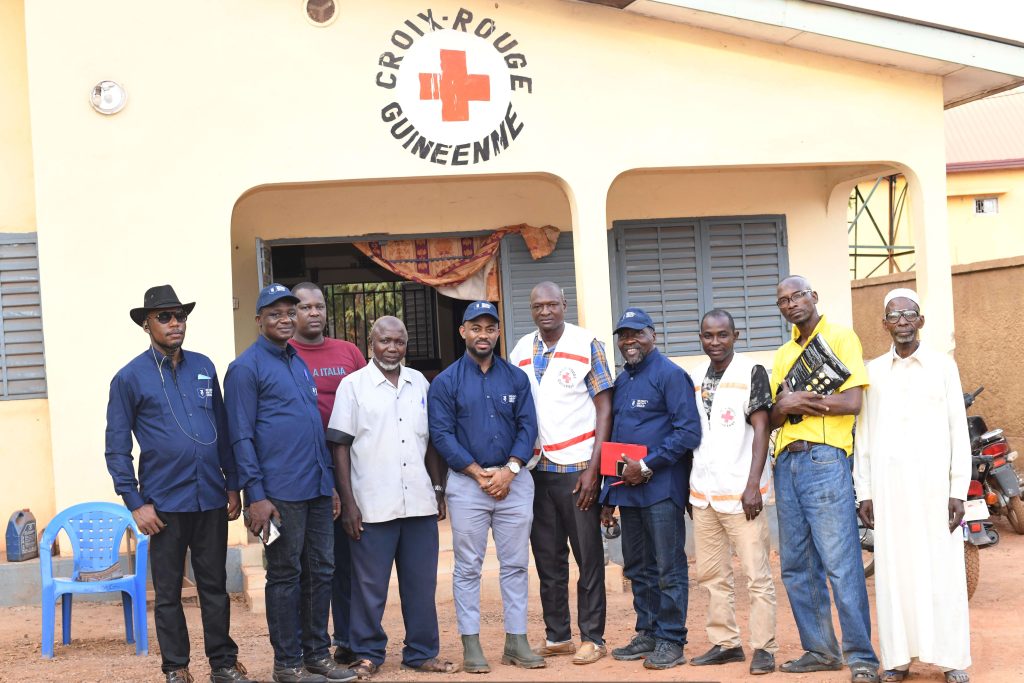
This is why we have expanded our team both in the UK and in Guinea. We’ve recently hired several new staff for our headquarters in the UK to help manage the day-to-day operations, including several new people for the marketing team to help promote the Seventy Ninth Group brand as we continue to expand and new people in the service teams to ensure the very best service is provided to all our clients.
As our operations in Guinea ramped up in the lead-up to our drilling operations, we expanded the team there too. We now have seven staff managing the operation in the head office in Conakry, led by Eric Ntube, our In-Country Manager, who recently wrote a journal providing insight into the operations in Guinea and the planning that went into making this a success thus far.[i] As well as the head office team, we’ve also hired 36 local people to work on site in Siguiri as part of the drilling campaign, alongside our exploration partners, SRK.
Investing in your employees doesn’t just mean hiring more people though, it means investing in training to allow staff to upskill and progress in their careers, as well as investing in a solid benefits package that makes them feel rewarded for their hard work. At the Seventy Ninth Group, we’ve worked hard to create and uphold a culture that encourages development and upskilling.
We firmly believe in encouraging our staff to learn and grow. The management team have made it clear that opportunity exists at the company, now and in the future. We allow them the freedom to try new things and find something that’s the right fit for them. A lot of our employees in our head office have moved departments and progressed into more senior positions or entered more challenging roles.
Hard work deserves to be rewarded and I have made sure that we’ve created an atmosphere where we champion our staff to grow and progress, and shout about their wins. This is the case for everywhere we operate and our offices all over the world hold the same values.
The staff in Guinea are constantly developing and learning, with the management team providing mentorship to other members of the team to help them progress further in their careers. We’ve also ensured that all the on-site staff in Siguiri have been provided with the very best hands on training, including health and safety, first aid and trade-specific education. This provides them with the opportunity to not only improve the quality of work carried out on site but to develop transferable skills that can be carried into future roles and careers.
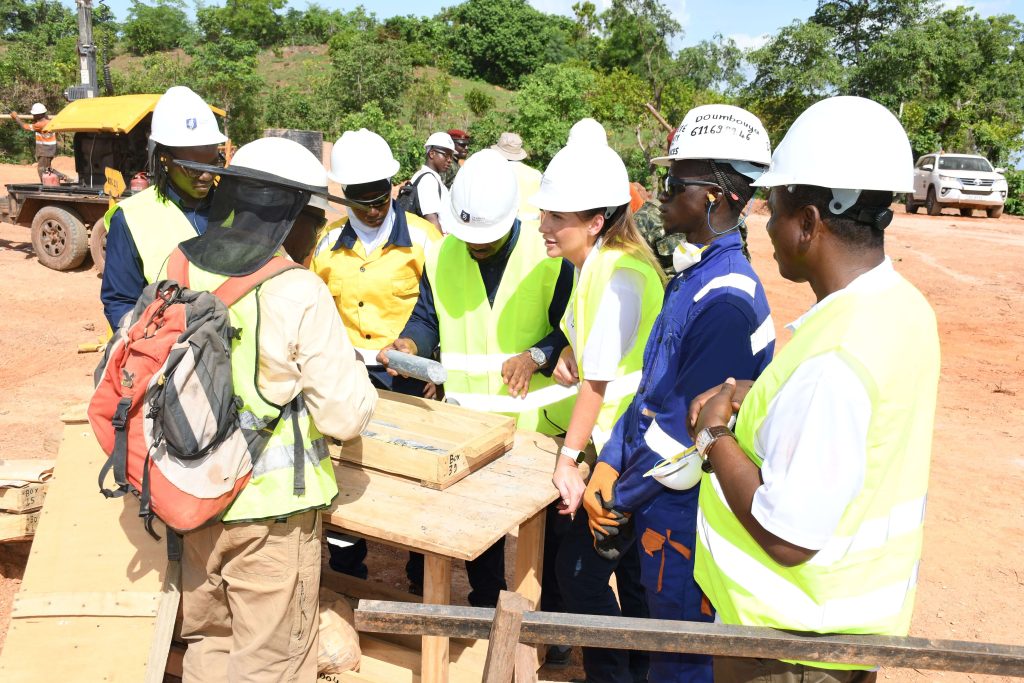
Identifying partnerships
Another important lesson to learn in business is that you don’t know everything. No matter what position or industry you’re in, there is always going to be someone who knows more than you or can offer a new insight or interesting perspective. Having the initiative to recognise this is how you become a good leader and it can go a long way in helping your business to grow and thrive.
Here at the Seventy Ninth Group, we work with the industry experts and leaders in their field. We want to be the best at what we do and offer our clients the greatest service, which is why we want to work with and learn from the best.
This is why we have a board of advisors and non-executive directors, who are all experts in varying fields, from construction, commodities and mining to finance, tax and compliance. This means that for every project we work on, we can consult someone with the expertise and experience to ensure the operation is planned out effectively and runs smoothly.
We’re a very ambitious company and this can be seen by the size and scope of the projects we work on and who we work with. Our rapid growth in such a short space of time is a testament to this and we couldn’t do it without the support system of our strategic partners.
We work with world-renowned companies on our projects such as SRK Exploration, recognised as the gold standard and global leader in mineral exploration, who we have partnered with to help deliver our project in Guinea, as well as Ernst & Young, Fieldfisher LLP, and Ardalan & Associates. These firms advise and guide us in regards to our operations and ensure the highest compliance standards are adhered to.
I’ve learnt that it’s better to start off right with such large scale and ambitious projects. This is why we seek out partnerships with the industry leaders and world-renowned companies with a proven track record for success in these areas.
These companies often hold you to much higher standards than others, and it can take longer to complete each step of the process, but it’s worth it in the long-term as we want to do things the right way. Investing more time at the beginning getting the foundations laid out correctly ensures things run smoothly further down the line and ultimately allows for the success of a project.
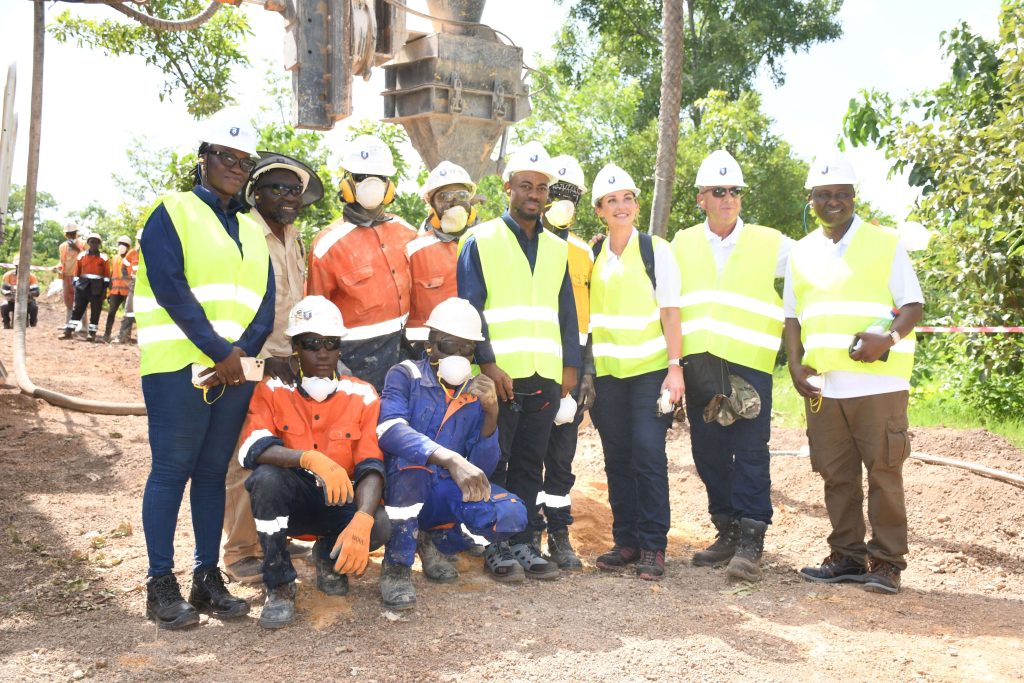
Long-term commitment to projects
To guarantee success in business, you have to have a long-term commitment to a project. To do things right you have to be prepared to put in the ground work at the beginning and dedicate time to doing things correctly.
The thing is, you might not even see the benefits for a while, and you’ll undoubtedly have good days and bad days, but you have to persevere and trust your instincts, even when it feels as though you’re getting nowhere fast.
A perfect example of this is the work the Webster family have carried out in Guinea. Our Chairman David and his sons Jake and Curt have been operating there since 2011, taking regular trips out there for the past decade getting to know the local people, the communities, and the area, while building up local knowledge and a portfolio of concessions.
Their company Seventy Ninth Resources, a subsidiary of Seventy Ninth Group, is now one of the largest developers of natural resources in West Africa, measured by number of concessions under development, exploration and management. And we have recently just commenced our drilling operation in one of our major sites out there.
This was a large-scale operation, many years in the making. It required years of planning, and several phases to get to the stage we’re at now. This involved collaborating with teams across the globe and through different time zones. It’s not all been smooth sailing, but with time and dedication, and through working together as a team, we have overcome challenges and any hurdles to deliver a huge operation the right way. This is something which I am immensely proud of.
A lot of planning goes into each and every operation we undertake. Our recent drilling operation alone took months of planning. A big part of my role is building long-term plans for our operations. Every project is carefully budgeted and accounted for and we have our own internal ROIs structured and can monitor as we go. This means if any issues do arise we can quickly spot this and react accordingly to get us back on track or change direction to ensure things work out.
This doesn’t mean that you should develop a plan and follow it blindly. You need to be flexible and have the initiative to realise if something isn’t working, or if it needs more time or resource dedicated to it to get it right, you must adapt accordingly. We work in very unpredictable environments, the world of financial services is ever-changing and working in natural resources comes with it’s own challenges, so I have learnt to always prepare for the unknown.
As much as we’d all love to be able to plan something perfectly and follow this by the book, in business, this just isn’t always the case. Much like with parenting, you can only prepare so much, there’s always going to be things you have to learn and adapt to along the way. This is why we always factor in buffer time into plans and don’t keep the margins and deadlines too tight as this gives us the ability to pivot if we need to.
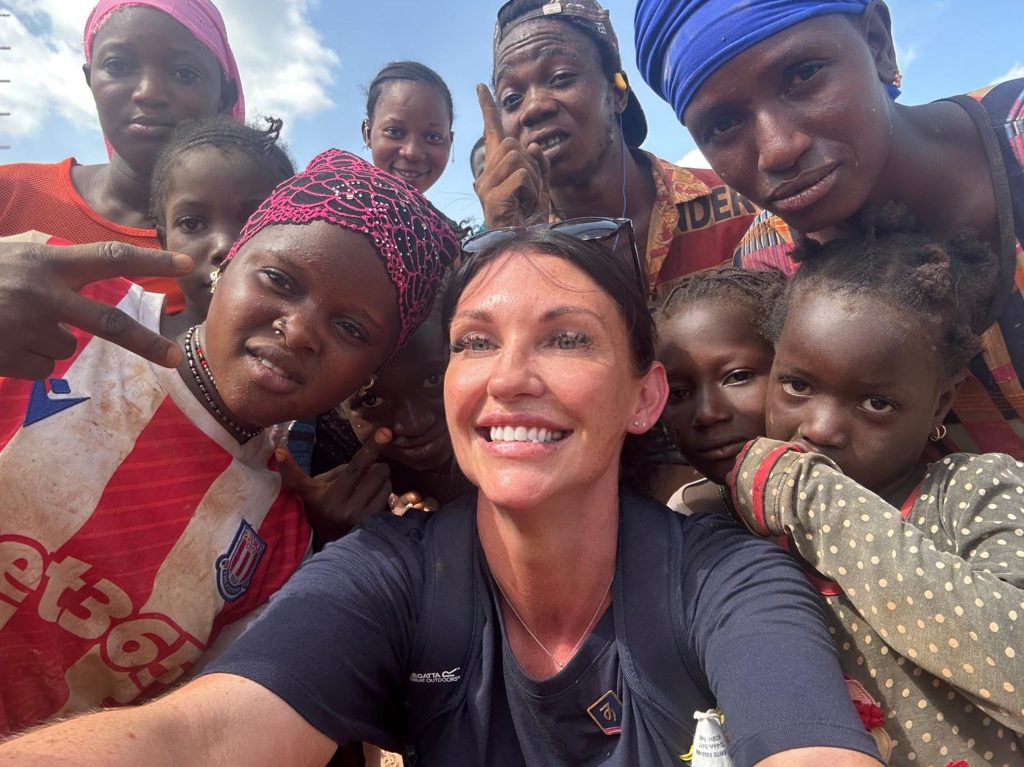
Stay connected
While navigating your way through a project, you have to remember to stay connected throughout. Even when it’s taking a while and feels like nothing is moving, don’t leave it too long without checking in with the team or catching up with key stakeholders.
As much as you can be, try to be on the ground with projects. For us, this means visiting real estate projects as they develop or touring concession sites. In fact, Dave and I have just got back from a trip to Guinea where we visited the concession sites and oversaw the drilling campaign, witnessing first hand all our hard work come into fruition. We visited the teams out there and caught up with the people and communities around where we operate. It’s extremely rewarding to do this and look back to see how far we have come.
In business, relationships are everything. That’s why I advise meeting as many people as you can and getting to know those who will be working on or involved in your operations. It’s never a bad idea to develop a relationship with people around you and make a good impression. The relationships you develop will be crucial when you have obstacles to overcome or challenges to face.
Wherever your company is operating, whether here in the UK or in several places around the world, it’s important to understand the local nuances and needs and desires of the local communities. Remember you are operating within their space, so be respectful, listen to them and learn from them. Local knowledge is incredibly valuable and can go a long way in helping ensure your operation is a success.
This is a value we’ve carried throughout our whole company and instilled in our staff. I’ve spoken about this many times before, but a strong Environmental, Social and Governance (ESG) policy is something I have long championed at the Seventy Ninth Group, no more so than in Guinea[ii]. We always vow to give back to the communities in which we operate, and want to learn about the local communities from the people that live within them to give back in a way that’s most beneficial for them.
This knowledge is helping us to form our ESG policy in Guinea, helping us to tailor our approach to the needs of the communities and support them to truly address the challenges they face. It’s the connections we’ve developed here that will help us to make real, measurable change and has allowed us to develop a mutually respectful and beneficial relationship.
These are the key points I’ve taken away from leading a high-growth company, and the factors which I feel have played a huge part in our success to date. I hope they go some way in helping other business leaders who may be struggling to navigate their own business growth and provide them with some guidance in where to focus their attention.
[i]70% of UK SMEs plan to scale internationally in 2023, but digital adoption will be crucial to success, Airwallex https://www.airwallex.com/uk/blog/global-expansion-survey-uk
[ii]Importance of building relationships in international expansion, Bridgehead Agency, https://bridgeheadagency.com/importance-of-building-relationships-in-international-expansion/
[iii] BUSINESSBest countries for your international expansion in 2023, Global Banking & finance Review https://www.globalbankingandfinance.com/best-countries-for-your-international-expansion-in-2023/
[iv] North West businesses continue growth with Japan, The Growth Company https://international.growthco.uk/news/posts/2020/november/north-west-businesses-continue-growth-with-japan/






